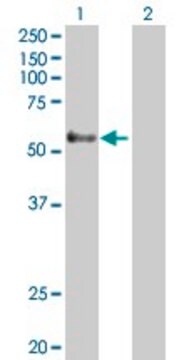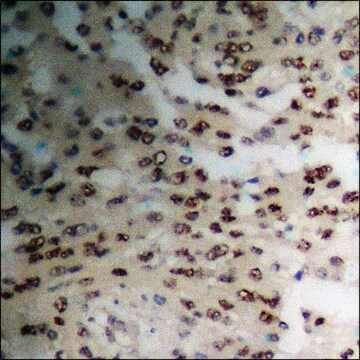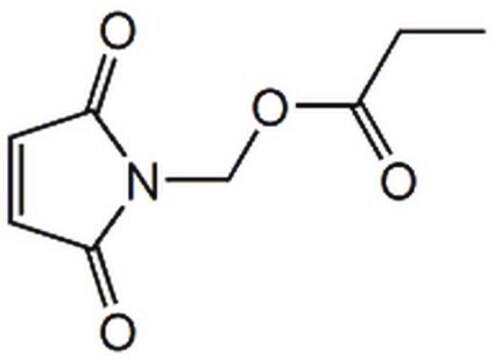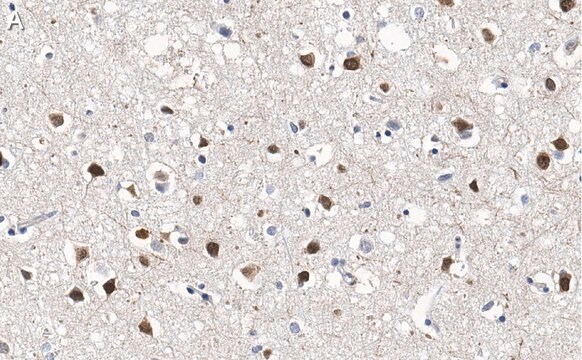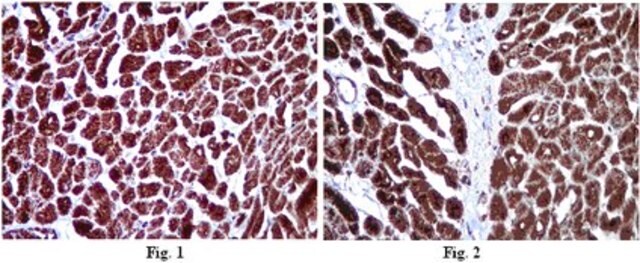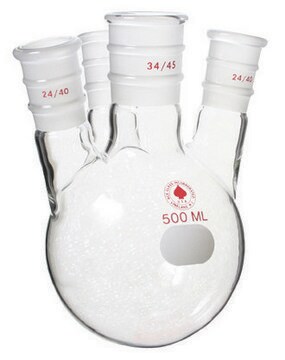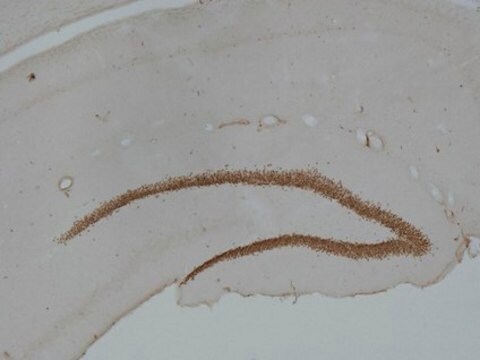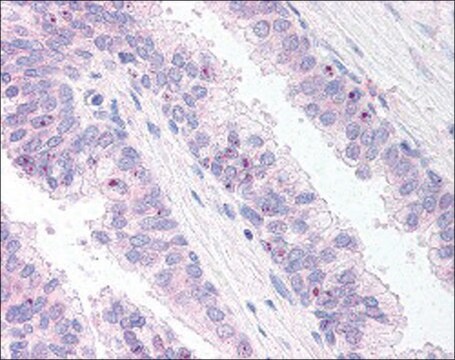おすすめの製品
由来生物
rabbit
品質水準
抗体製品の状態
affinity isolated antibody
抗体製品タイプ
primary antibodies
クローン
polyclonal
精製方法
affinity chromatography
化学種の反応性
rat, human
化学種の反応性(ホモロジーによる予測)
mouse (based on 100% sequence homology)
テクニック
immunocytochemistry: suitable
immunoprecipitation (IP): suitable
western blot: suitable
NCBIアクセッション番号
UniProtアクセッション番号
輸送温度
wet ice
ターゲットの翻訳後修飾
unmodified
遺伝子情報
human ... GPR56(9289)
詳細
G-protein coupled receptor 56 (GPR56) is a ubiquitous adhesion receptor, which belongs to the G-protein coupled receptor 2 family and LN-TM7 subfamily. It is abundantly expressed in the in thyroid gland, brain, heart, and various tumor cells. Previous studies have suggested that GPR56 may inhibit the progression and metastasis of melanomas by interaction with extracellular-matrix proteins, such as Tissue Transglutaminase. GPR56 also plays a role in regulating VEGF production and angiogenesis via a PKCα-mediated pathway. GPR56 also plays a critical role in the development of the frontal cortex; previous studies have reported that mutations in GPR56 result in disorganized cortical lamination, which is most pronounced in the frontal cortex. This condition is known as bilateral frontoparietal polymicrogyria or BFPP.
免疫原
linear peptide corresponding to the C-terminus of Mouse GPR56.
アプリケーション
Immunoprecipitation Analysis: A representative lot of this antibody immunoprecipated GPR56 from rat kidney cell lysate and visualized through western blot (Paavola, K., et al. (2011). J. Biol. Chem. 2011, 286:28914-28921.)
Western Blot Analysis: A representative lot of this antibody detected GPR56 from rat kidney cell lysate (Paavola, K., et al. (2011). J. Biol. Chem. 2011, 286:28914-28921.)
Immunocytochemistry Analysis: A representative lot of this antibody detected GPR56 from transfected HEK293 cells (Paavola, K., et al. (2011). J. Biol. Chem. 2011, 286:28914-28921.)
Western Blot Analysis: A representative lot of this antibody detected GPR56 from rat kidney cell lysate (Paavola, K., et al. (2011). J. Biol. Chem. 2011, 286:28914-28921.)
Immunocytochemistry Analysis: A representative lot of this antibody detected GPR56 from transfected HEK293 cells (Paavola, K., et al. (2011). J. Biol. Chem. 2011, 286:28914-28921.)
This Anti-GPR56, C-terminal Antibody is validated for use in Western Blotting and Immunoprecipitation and Immunocytochemistry for the detection of GPR56, C-terminal.
品質
Evaluated by Western Blotting in Hela cell lysate.
Western Blotting Analysis: 1 µg/ml of this antibody detected GPR56 in 10 µg of Hela cell lysate.
Western Blotting Analysis: 1 µg/ml of this antibody detected GPR56 in 10 µg of Hela cell lysate.
ターゲットの説明
~ 120 kDa observed
This receptor is heavily glycosylated in cells, and thus the apparent molecular mass of the full-length receptor in most cell types is around 90-120 kDa Moreover, this receptor is prone to extensive post-translational processing and proteolysis, and thus depending on the cell type the most prominent immunoreactive bands on Western blot are usually around 45 kDa, 25 kDa and/or 15 kDa in size
This receptor is heavily glycosylated in cells, and thus the apparent molecular mass of the full-length receptor in most cell types is around 90-120 kDa Moreover, this receptor is prone to extensive post-translational processing and proteolysis, and thus depending on the cell type the most prominent immunoreactive bands on Western blot are usually around 45 kDa, 25 kDa and/or 15 kDa in size
その他情報
Concentration: Please refer to lot specific datasheet.
適切な製品が見つかりませんか。
製品選択ツール.をお試しください
保管分類コード
12 - Non Combustible Liquids
WGK
WGK 1
引火点(°F)
Not applicable
引火点(℃)
Not applicable
適用法令
試験研究用途を考慮した関連法令を主に挙げております。化学物質以外については、一部の情報のみ提供しています。 製品を安全かつ合法的に使用することは、使用者の義務です。最新情報により修正される場合があります。WEBの反映には時間を要することがあるため、適宜SDSをご参照ください。
Jan Code
ABS1028:
試験成績書(COA)
製品のロット番号・バッチ番号を入力して、試験成績書(COA) を検索できます。ロット番号・バッチ番号は、製品ラベルに「Lot」または「Batch」に続いて記載されています。
Kevin J Paavola et al.
The Journal of biological chemistry, 286(33), 28914-28921 (2011-06-29)
GPR56 is an adhesion G protein-coupled receptor that plays a key role in cortical development. Mutations to GPR56 in humans cause malformations of the cerebral cortex, but little is known about the normal function of the receptor. We found that
Gabriel S Salzman et al.
Proceedings of the National Academy of Sciences of the United States of America, 114(38), 10095-10100 (2017-09-07)
Adhesion G protein-coupled receptors (aGPCRs) play critical roles in diverse biological processes, including neurodevelopment and cancer progression. aGPCRs are characterized by large and diverse extracellular regions (ECRs) that are autoproteolytically cleaved from their membrane-embedded signaling domains. Although ECRs regulate receptor
ライフサイエンス、有機合成、材料科学、クロマトグラフィー、分析など、あらゆる分野の研究に経験のあるメンバーがおります。.
製品に関するお問い合わせはこちら(テクニカルサービス)